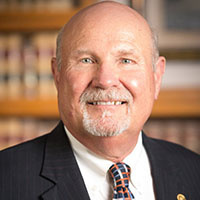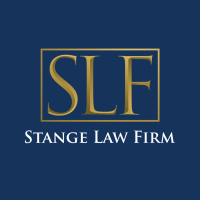Oklahoma City Criminal Lawyer, Oklahoma
Sponsored Law Firm
-
 x
x

Click For More Info:
-
Pritchett Law Group
126 West Needles Avenue Bixby, OK 74008» view mapEstate Law A Focus On Results
Don't wait! Contact us for a free phone consultation. Let us help you figure out what your next best steps are
918-509-3891
Fletcher D Handley
✓ VERIFIEDCriminal, Accident & Injury, Divorce & Family Law, Estate, Oil & Gas
Fletcher Dal Handley, Jr., is a civil justice attorney with The Handley Law Center in Oklahoma. His practice is focused on Personal Injury Law, repres... (more)
Randy Bumgarner
✓ VERIFIEDDivorce & Family Law, Bad Faith Insurance, Criminal, Accident & Injury, Estate
Stange Law Firm, PC
✓ VERIFIEDDivorce & Family Law, Juvenile Law, Child Custody, Prenuptial Agreements, Child Support
Here to Help You Rebuild Your Life
Going through a divorce or family law matter can be an emotional time. You may feel betrayed, lost or overwhelmed. Having an attorney that can relate ... (more)
Bill Molinsky
Animal Bite, Criminal, Bad Faith Insurance, Business Organization
Status: In Good Standing
FREE CONSULTATION
CONTACTGeorge William Velotta
Administrative Law, Alcoholic Beverages, Arbitration, Criminal
Status: In Good Standing
Keith J. Nedwick
Workers' Compensation, Family Law, Criminal, Personal Injury, Car Accident
Status: In Good Standing
FREE CONSULTATION
CONTACTFREE CONSULTATION
CONTACTFREE CONSULTATION
CONTACTFREE CONSULTATION
CONTACT Monty Pritchett Bixby, OK
Monty Pritchett Bixby, OK AboutPritchett Law Group
AboutPritchett Law Group



